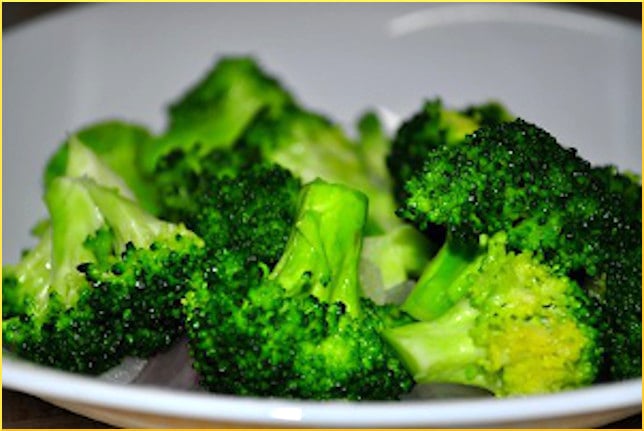
Debate continues about whether some foods can be addictive in the same sense as, for instance, heroin. Is the addictiveness inherent in the food, or in the person? Or does it have to be both, two variables with the potential to cause damage, and when they meet up, the person is doomed to a lifetime of struggle?
A 2020 paper by Dr. Pretlow and three co-authors says,
There is increasing interest in whether overeating/obesity stems from an addictive process, although this notion is controversial… Food addiction (FA) connotes a substance dependence on ingredients in food, e.g., sugar, and is comparable to drug and alcohol dependence. The FA construct involves addictive eating of certain foods, which are craved, sought out, and eaten in excess.
At the same time, there is “a dearth of evidence supporting substance dependence on food ingredients.” For starters, all foods do not have the same power over people, which opens the way for facetious questions like, “Why there are so many chocolate addicts and so few broccoli addicts?” To complicate matters even further, legit substance dependencies like drug and alcohol addiction also have behavioral components. Even years ago, an important point was being made:
Labeling a food or nutrient as “addictive” implies that it contains ingredients and/or possesses an inherent property with the capacity to make susceptible individuals addicted to it, as is the case for chemical substances of abuse.
In practical terms, inherency means that no matter how expensive a substance may be, people will buy it. They will stick a hypodermic syringe between their toes to get it into their bloodstream, and risk imprisonment and disgrace. In food terms, they would eat it whether they were hungry or not, and even if the stuff tasted awful. If it meant going to jail, they would do it anyway. In all honesty, it would be difficult to name a food with those properties.
A 2014 paper encouraged professionals in the field to begin thinking in terms of “Eating Addiction.” Even though in practical terms, such foods as corn, wheat, coffee, milk, eggs, and potatoes do a very good job of making a case for addictiveness, there seems to have been difficulty in identifying any chemical or “substance-based” causative agent.
Officially, this was the state of affairs at the time:
The currently available evidence for a substance-based food addiction is poor… Humans who overeat usually do not restrict their diets to specific nutrients; instead the availability of a wider range of palatable foods appears to render prone subjects vulnerable to overeating.
The new DSM-5 (APA, 2013) currently does not allow the classification of an “Overeating Disorder” or an “Addictive Eating Disorder” within the diagnostic category Substance-Related and Addictive Disorders; indeed, the current knowledge of addictive eating behaviors does not warrant such a diagnosis.
[T]here is currently insufficient scientific evidence to label any common food, ingredient, micronutrient, standard food additive or combination of ingredients as addictive.
Your responses and feedback are welcome!
Source: “Treatment of the sensory and motor components of urges to eat (eating addiction?): a mobile-health pilot study for obesity in young people,” Springer.com, 01/14/20
Source: “’Eating addiction’, rather than ‘food addiction’, better captures addictive-like eating behavior,” ScienceDirect.com, November 2014
Image by whologwhyCC BY 2.0

 FAQs and Media Requests:
FAQs and Media Requests: 











